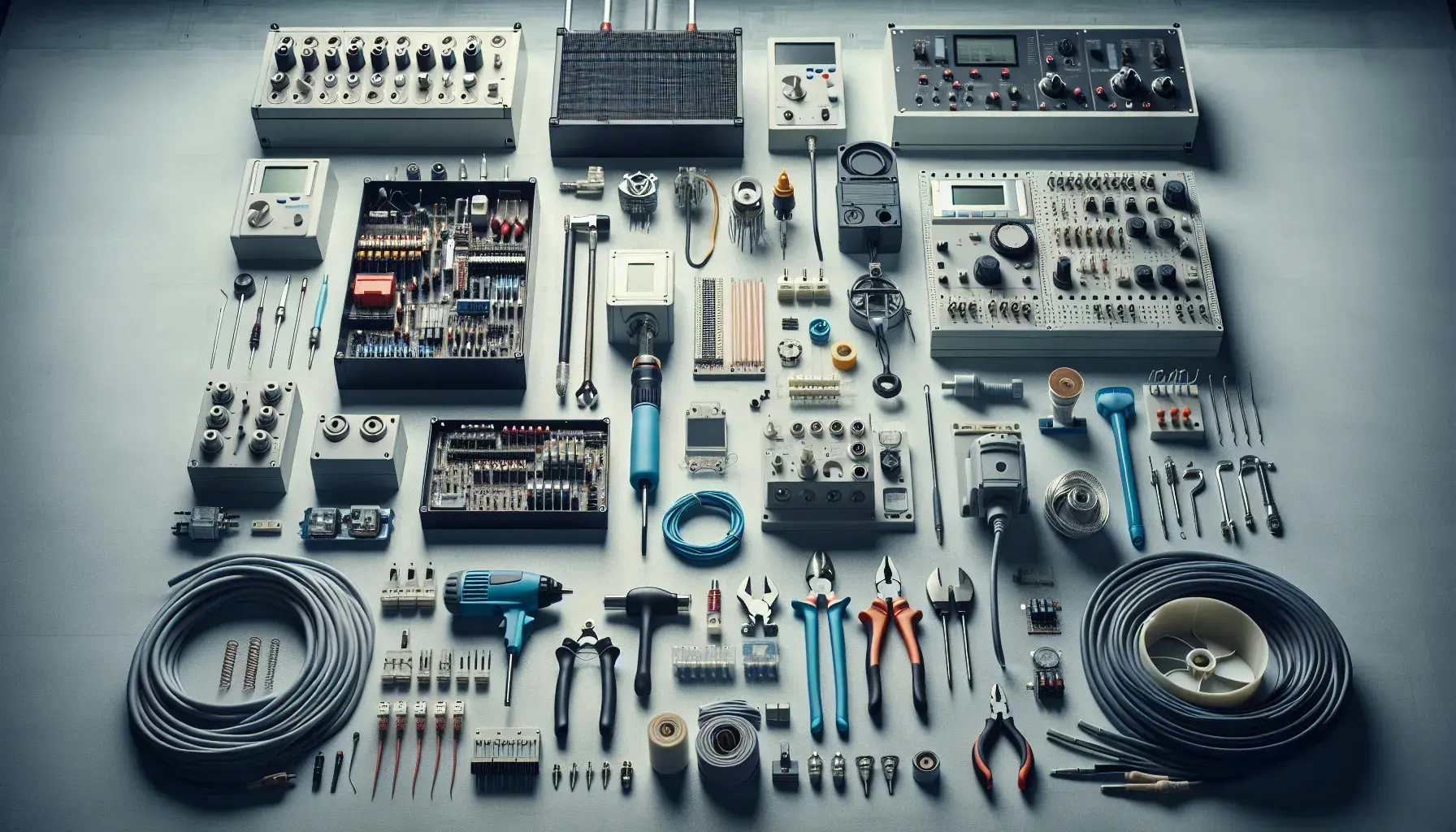Welcome to this comprehensive guide on making the right choice when it comes to electrical equipment. This post will provide you with the necessary knowledge and insights to make informed decisions. We will delve into the factors to consider, the importance of safety standards, and tips on maintaining your equipment. Let's embark on this enlightening journey together.
Understanding Your Electrical Needs
Before you can choose the right electrical equipment, you must first understand your specific needs. This involves identifying the tasks you intend to carry out with the equipment. For instance, a homeowner might need different equipment compared to a commercial building owner.
Consider the power requirements of your tasks. High-power tasks will require equipment with higher ratings. Conversely, low-power tasks can be handled by equipment with lower ratings.
Also, think about the frequency of use. Equipment that will be used frequently should be durable and reliable. On the other hand, equipment that will be used infrequently can be less robust.
Evaluating Equipment Quality and Safety Standards
Quality and safety should be your top priorities when choosing electrical equipment. High-quality equipment will not only last longer but also perform better. Look for equipment that has been tested and certified by recognized bodies.
Safety standards are equally important. Electrical equipment can be dangerous if not used properly. Therefore, choose equipment that meets or exceeds the safety standards in your area.
Remember, cheap can be expensive in the long run. Avoid compromising quality and safety for cost. Instead, consider the value that the equipment will provide over its lifetime.
Considering Equipment Compatibility
Compatibility is a key factor to consider when choosing electrical equipment. The equipment should be compatible with your existing system. This includes the voltage, frequency, and type of current.
In addition, consider the physical compatibility of the equipment. It should fit in the space available and be able to connect to your existing system.
If you are unsure about compatibility, consult with a professional. They can help you choose the right equipment for your system.
Assessing Equipment Efficiency and Environmental Impact
The efficiency of electrical equipment is a crucial factor to consider. Efficient equipment will consume less power and save you money in the long run. Look for equipment with energy efficiency ratings.
The environmental impact of the equipment is also important. Choose equipment that is environmentally friendly. This includes equipment that is recyclable, uses less energy, and produces less waste.
Understanding Equipment Maintenance and Lifespan
The maintenance requirements and lifespan of electrical equipment are important factors to consider. Equipment with high maintenance requirements can be costly and time-consuming to maintain.
On the other hand, equipment with a short lifespan may need to be replaced frequently. This can also be costly in the long run.
Therefore, choose equipment that is easy to maintain and has a long lifespan. This will save you time and money in the long run.
Considering Equipment Cost and Warranty
The cost of electrical equipment is an important factor to consider. However, it should not be the only factor. Consider the value that the equipment will provide over its lifetime.
The warranty of the equipment is also important. A good warranty can provide you with peace of mind and protect you from unexpected costs.
Remember, the cheapest equipment is not always the best. Consider the quality, safety, compatibility, efficiency, maintenance, lifespan, and warranty of the equipment before making a decision.
Wrapping Up: Making the Right Electrical Equipment Choice
Choosing the right electrical equipment can be a daunting task. However, with the right knowledge and considerations, you can make an informed decision. Remember to consider your needs, the quality and safety of the equipment, its compatibility with your system, its efficiency and environmental impact, its maintenance and lifespan, and its cost and warranty. With these factors in mind, you are well on your way to making the right choice.

